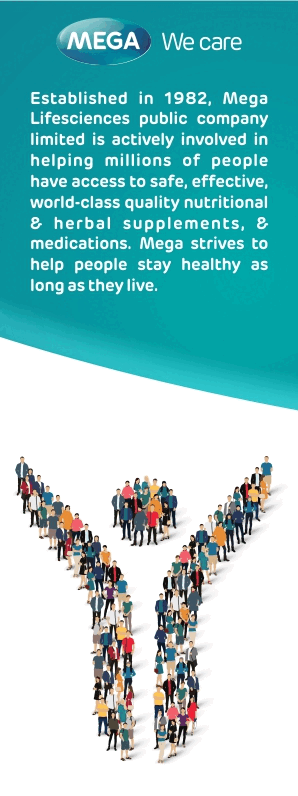Biochemical Pregnancy Outcomes among Day 3 Vs 5 Embryotransfer in the Fertility Reproductive Mecicine Center at Teritary Hospital, Addis Ababa, Ethiopia
DOI:
https://doi.org/10.69614/ejrh.v15i2.640Abstract
Introduction: the burden of infertility is the worst in sub-Saharan countries with rare availability of assisted reproductive technology treatment and, even in the best set up where this service is available, generally it has a low implantation rate that could be partially explained by the days of embryo transferred after ovum pick up. however, the effects of a day of embryo transfer on pregnancy outcomes are an area of controversy in countries with advanced fertility treatment, on top of that we have very little research done on issues related to invitro fertilization
Objective: The aim of this study was to see the effect of the day of (D3 vs D 5) embryos transfer on biochemical pregnancy outcome in the first and the only public IVF center in Ethiopia
Method: it was a retrospective record review that was conducted in the center of fertility at saint Paul hospital millennium medical college, Addis Ababa, Ethiopia from January 2021-December 2021 G.C. with a total sample size of 201
Result: During the study period there were a total of 201 clients who has undergone embryo transfer fulfilling the inclusion criteria(age less than 35, at least one embryo transferred is grade one, fresh transfer), 94 of them were day 5 embryos and 107 were day 3. Both groups are comparable in baseline characteristics including the mean age, duration of infertility, cause of infertility, method of sperm insemination, level of physician transferring the embryo, number of embryos transferred, and grade of embryo transferred. Biochemical pregnancy between day 3 and day 5 embryo transfer was similar in both groups 67 (62.6%) and 59 (62.8%) respectively (p=0.98). However, the chance of having twin pregnancy was higher among day 5 embryo transfer 19 sets of twin pregnancy (36%) compare to day 3 embryo transfer 10 sets of twin pregnancy (17%) with p =0.053.
Conclusion: In women aged less than 35 as long as we have available good quality embryos transferring day 3 embryo is an alternative option over blastocyst transfer with comparable biochemical pregnancy without increasing the chance of multiple pregnancies, this in turn decreases the risk of multiple pregnancies related complications. In addition, cleavage-stage embryo transfer carries fewer burdens and costs in a setup with low resources and busy environment and it has also low cost and stress on patients.
Keywords: day 5 and day 3 embryo transfer, Ethiopia, public IVF center, biochemical pregnancy



